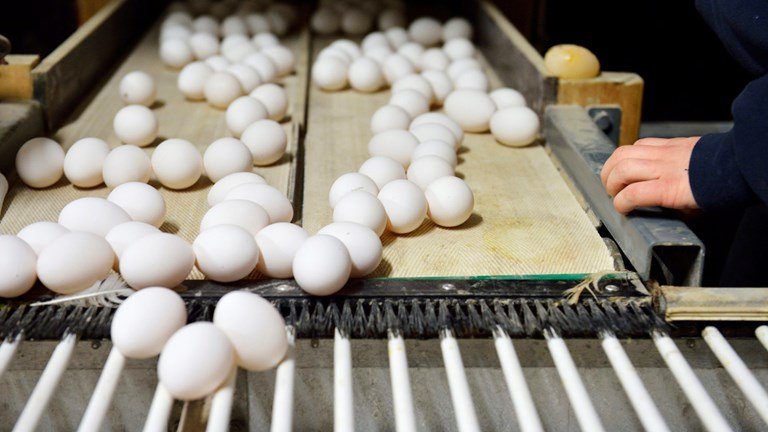


MUMBAI: After tomato, potato and onion, it is now the turn of the egg, another kitchen staple, to give grief to Mumbaikars. Retail rates have risen to Rs 80 a dozen in parts of the city as against last month’s rate of Rs 65.
Traders blame the egg price rise on a shortfall in production wrought by the disruption during the Covid-19 lockdown and the current rise in demand for the ‘immunity booster’.
Across the city, consumers are reporting a price increase of Rs 10-20 a dozen this past week. Moreover, the nodal National Egg Coordination Committee’s published rates have been fluctuating widely daily unlike before when its prices remained stable for months.
“Egg rates had fallen as low as Rs 44-48 per dozen in April-May. It appears that farmers and traders are seeking to recover losses. Already tomato is Rs 60 per kg, potato Rs 40-45 and onion Rs 35. How does a household manage expenses? Eggs are the most basic source of protein for most households,” said Jogeshwari resident Ambreen Shaikh.
Traders blame the rising cost on the supply chain disruption caused by the lockdown. Raju Shewale of the Mumbai Egg Traders’ Association said, “At least 35-40% of poultry farmers had to close down business amid the lockdown. Now supply is unable to keep pace with demand. Rates will remain high and perhaps rise further.”
“Mumbai consumes an average of 85 lakh eggs daily, but is now receiving just 45 lakh. There is a vast shortfall. Monday’s wholesale rate was Rs 550 per 100 eggs,” he added.
Interestingly, at the start of the pandemic, people were afraid to consume poultry items, but now Mumbaikars are now consuming more eggs and chicken to build immunity against Covid-19. Shewale said, “In fact, hospitals in Pune, Satara, and other cities and towns are advising Covid patients to consume eggs to help them recover and fortify their immunity.”
Aftab Ahmed Khan, chairman of the association, said, “During lockdown, poultry farmers were unable to rear birds, procure feed or sell their products. Farming activity was also disrupted as labourers went home. Even now main supply centres like Hyderabad and surrounding areas in Andhra Pradesh, apart from Tamil Nadu, Karnataka and even Maharashtra, are unable to meet the demand. I expect prices to remain high till December.”
Poultry product prices peak with increased demand during winter and Christmas. So, there could be a second spell of high prices in December-January.

